Early voting for the October 3rd Memphis city election runs from September 13th to September 28th. Much attention has been focused on the mayoral contest, in which incumbent Jim Strickland is facing off against two principal challengers — former Mayor Willie Herenton and County Commissioner Tami Sawyer — and several other minor candidates.
That’s a big question for Memphis voters to decide, but I have another, perhaps more important question for you: Who are the four city council candidates you’re going to vote for? That’s not a typo; if you vote in Memphis, you’ll be charged with selecting four candidates for city council.
“Why?” you might rightly ask. Shouldn’t I just have to vote for a candidate who lives in my district? Yes. But here’s the weird part: You actually live in two districts — and one of them is Super! So super, in fact, that it has three representatives.
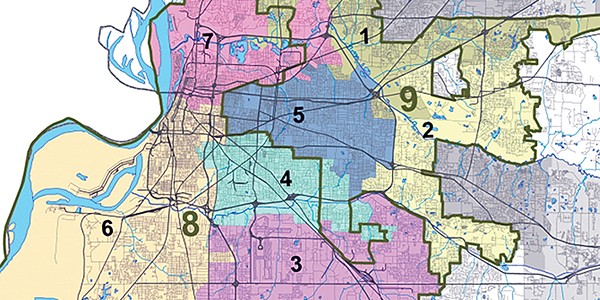
Welcome to the wild and wacky world of Memphis City Council districting, a system originally created to assure that black voters wouldn’t win, oh, say, two-thirds of the council’s 13 seats — a percentage that’s representative of the city’s population.
A little history lesson: Prior to 1991, there were six “at-large” council seats not tied to any geographical area, and seven geographical district seats. A judge ruled in 1991 that the six at-large seats were specifically created to dilute the voting strength of the city’s African-American population and charged the city council at that time to come up with a new districting plan. In response, the council created the super district concept, which basically retained the old six at-large council seats but divided them into two at-large districts of three each. So, basically there were still six at-large seats.
Pretty clever, eh?
There are still seven districts that reflect various geographical areas of the city. Since they’re not super, let’s call them Normal Districts. If you live in Memphis, you live in one of those seven Normal Districts. They work pretty much like democracy is supposed to work: You vote for someone who lives in the area where you live to represent you on the city council.
The Super Districts are called 8 and 9, and they represent, roughly, the western and eastern halves of the city. Each super district has three representatives, who can live anywhere in their half of the city. Each super district council seat has a number, called a “position.” So, in my case, for example, I vote for a District 5 council representative and also vote for candidates running for Position 1, Position 2, and Position 3 in Super District 9.
All clear? No? Good, I’m pretty sure that’s the way the plan is supposed to work. Purely by accident, of course, Super District 8 is predominately African-American and Super District 9 predominately not. Since the super district system was created, all of 8’s council representatives have been black and all of 9’s have been white. So weird, eh?
There are 26 people running for the six super district seats in this year’s election. Which isn’t at all confusing. And here’s another fun fact: Since the super districts’ candidates only have to live in a particular half of the city, all your elected representatives from a super district could theoretically live on the same block or attend the same church … or belong to the same country club, if you get my drift. To run for a super district seat, you have to have enough money (and volunteers) to campaign in half of the city, which favors candidates with more resources, meaning money.
The council election process is screwed up, and this city council has done much to keep it that way, mainly by fighting tooth and nail to prevent the Instant Runoff Voting process that’s been approved twice by Memphis voters.
When the redistricting process comes around again after the census in 2020, we should insist that the city be divided into 13 geographical council districts. If it takes a ballot referendum to get that done, then so be it.
There is nothing super about super districts, except that they’re a super good way to keep Memphis from having a truly representative city council.
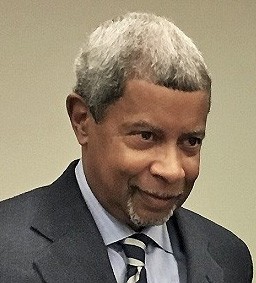
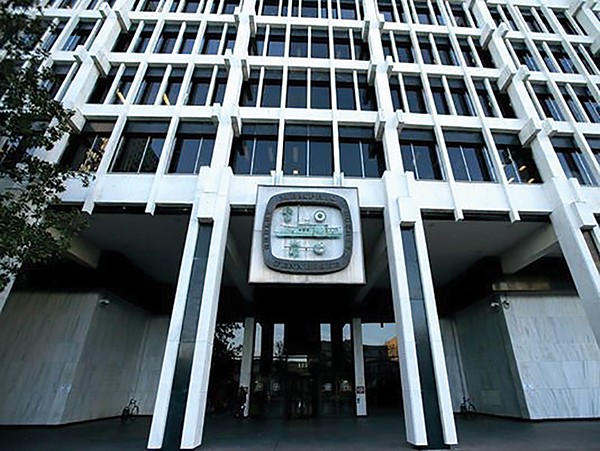
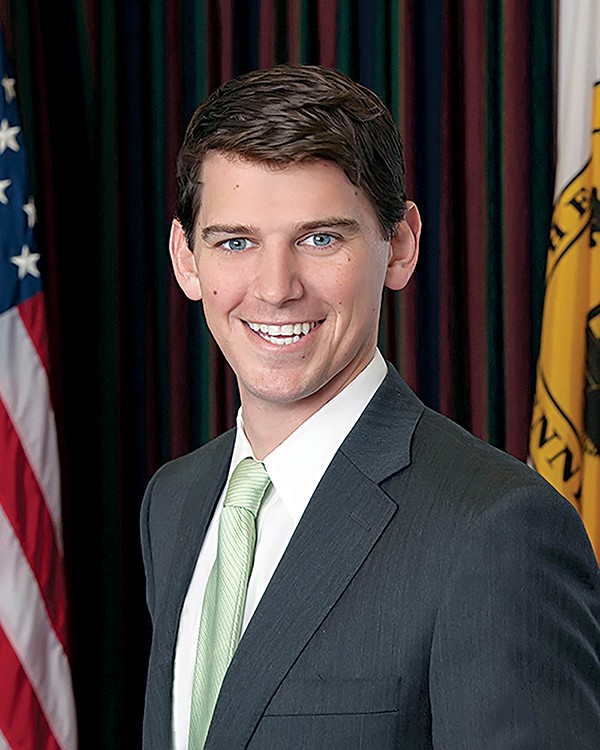


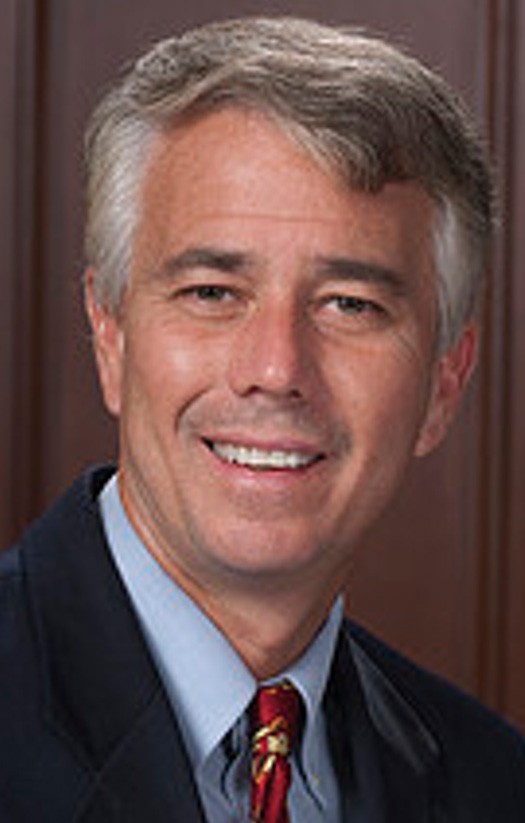

 Jackson Baker
Jackson Baker  JB
JB 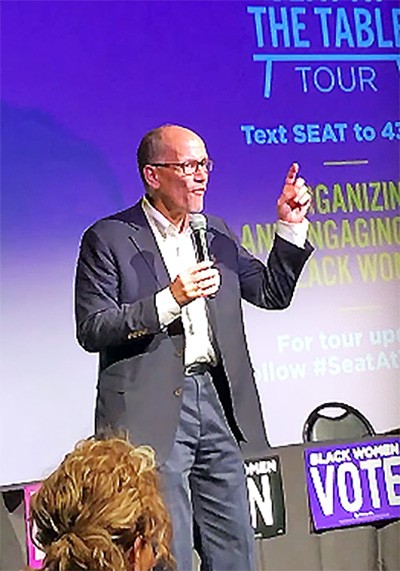
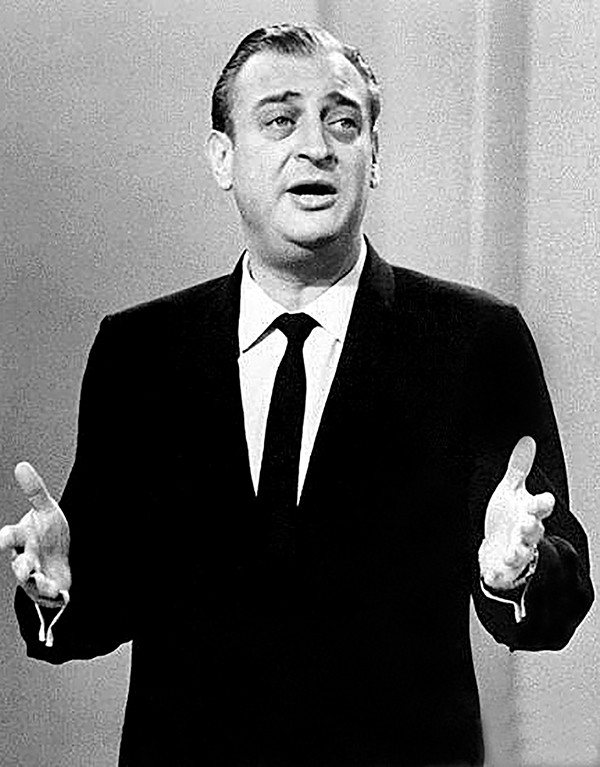



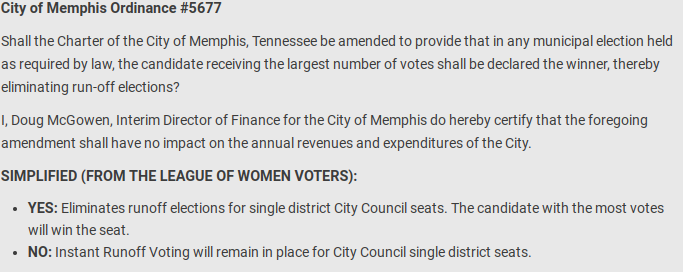 Courtesy of the Memphis Public Libraries
Courtesy of the Memphis Public Libraries